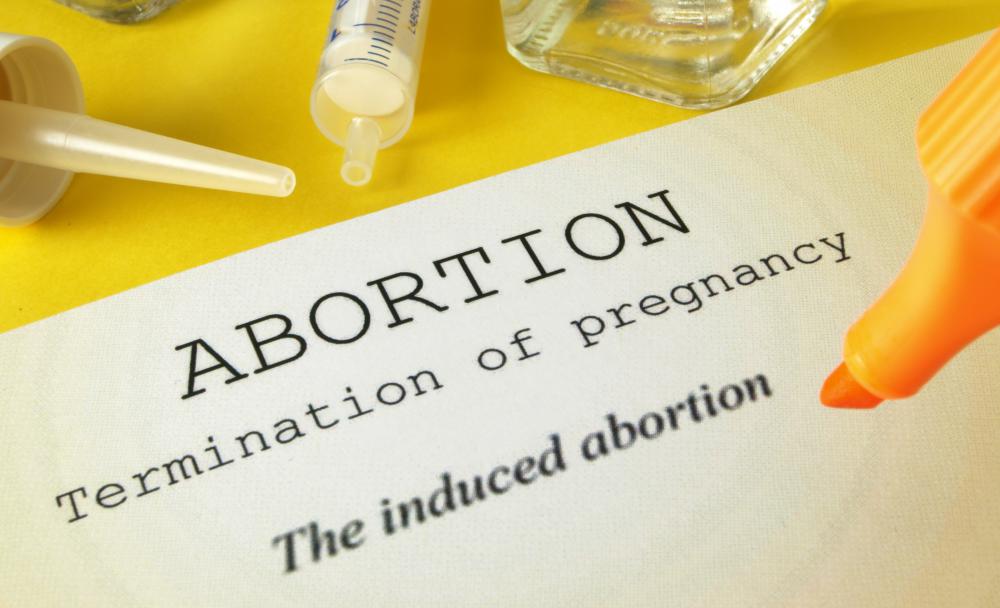At WiseGEEK, we're committed to delivering accurate, trustworthy information. Our expert-authored content is rigorously fact-checked and sourced from credible authorities. Discover how we uphold the highest standards in providing you with reliable knowledge.
What Is the Hyde Amendment?
The Hyde Amendment is a piece of United States (US) legislation that prohibits federal funding for abortions. Like all abortion-related policies, this amendment is hotly contested, and subject to frequent protests. The Hyde Amendment is not a law in and of itself, but is instead a modification to existing federal legislation regarding health care and abortions.
In 1973, the US Supreme Court heard one of the most volatile cases in its history. In the case of Roe v. Wade, the court determined that women in the US were entitled to abortion rights, and that state and federal laws restricting access to abortions were unconstitutional. This finding set a precedent for abortion battles in the decades to come, and was a major victory for pro-choice groups and women's health advocates. At the same time, Roe v. Wade also angered many pro-life groups, particularly when it came to how abortions could be funded.

In response to Roe v. Wade, Illinois Congressmen Henry Hyde introduced legislation that would prevent federal abortion funding. The Hyde Amendment was passed on 30 September 1976. Under this amendment, no federal funds could be used to pay for an abortion for any reason. This meant that Medicaid recipients, federal government employees, members of the military, and federal prisoners would no longer be able to use health insurance to over abortions. These individuals would be forced to pay for these services out of pocket.

One of the primary criticisms directed at the Hyde Amendment was that it did not allow for any federal abortion funding for any reason. This meant that women who became pregnant as a result of rape or incest would still have to pay for abortions out of pocket. It also meant that a pregnancy that threatened the life of the mother could still not be covered using federal funds. The outcry was so great that the Hyde Amendment was revised in 1977 to make exceptions for these types of cases.
Pro-choice groups worried that the Hyde Amendment would cut off abortion access for low-income women. In response to this concern, some states instituted their own policies or funding sources to help low-income women access abortion services. By the 21st century, roughly one-third of the states had some form of state funding in place to make up for the lack of federal abortion funding.
The Hyde Amendment served as an important legal precedent for people on both sides of the abortion debate. Abortion law requires a very delicate balance of different interests, and many people have very strong opinions on abortion policy. While the Hyde Amendment may impact finances, it's often seen as a compromise on this volatile issue. People who are pro-choice are able to maintain access to these procedures, while individuals who are pro-life are satisfied that their tax dollars are not going towards abortion. In fact, an extension of the Hyde Amendment continues to play an important role in US health care policy in the early part of the 21st century.
AS FEATURED ON:
AS FEATURED ON:












Discuss this Article
Post your comments